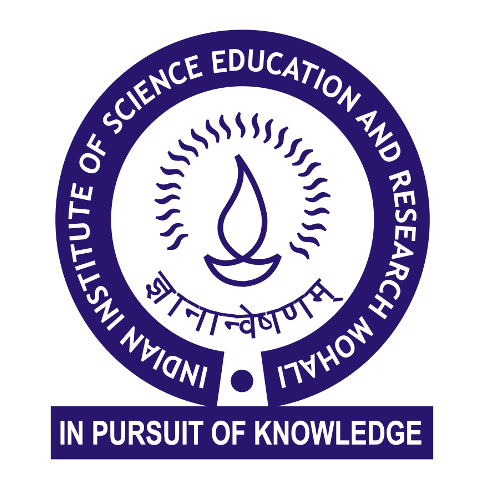Events Calendar
Characterization of the beneficial effect of Enterobacter sp. SA187 on Arabidopsis thaliana growth under low nitrogen conditions. A sustainable solution to chemical fertilizers
Thursday 06 November 2025, 03:00pm
Dr. Axel de Zelicourt, Institute of Plant Sciences Paris-Saclay (IPS2), France
Location : AB2-5A
Abstract: Modern agriculture must address the challenge of reducing reliance on synthetic nitrogen (N) fertilizers. Soil N limitation remains a major constraint on agricultural productivity, and the use of synthetic N-fertilizers is both costly and environmentally detrimental.
This work investigates the interaction between the endophytic bacterium Enterobacter sp. SA187 and the model plant Arabidopsis thaliana under low nitrate conditinos. Using a combination of physiological, molecular, genetic and omics approaches, it was demonstrated that SA187 promoted plant growth under this nutrient stress.
Under low nitrate conditions, SA187 significantly enhanced growth, root architecture, and shoot N content. These benefits were tightly associated with improved nitrate uptake and N allocation to shoots, mediated by a coordinated regulation of high-affinity nitrate transporters (HATS), particularly NRT2.5, NRT2.6, and ethylene signaling. Notably, SA187-induced expression of NRT2.5 was dependent on ethylene signaling, whereas NRT2.6 regulation appeared partially independent.
Together, SA187 was identified as a multifunctional microbial partner capable of enhancing plant performance under nutrient-limited conditions. These findings offer new mechanistic insights into plant–microbe interactions and highlight the potential of microbial-based approaches to sustain plant productivity in a low-input, climate-resilient agriculture.
Keywords: Plant–microbe interactions, Ethylene signaling, Low nitrogen, High-affinity nitrate transporters, Arabidopsis thaliana
This work investigates the interaction between the endophytic bacterium Enterobacter sp. SA187 and the model plant Arabidopsis thaliana under low nitrate conditinos. Using a combination of physiological, molecular, genetic and omics approaches, it was demonstrated that SA187 promoted plant growth under this nutrient stress.
Under low nitrate conditions, SA187 significantly enhanced growth, root architecture, and shoot N content. These benefits were tightly associated with improved nitrate uptake and N allocation to shoots, mediated by a coordinated regulation of high-affinity nitrate transporters (HATS), particularly NRT2.5, NRT2.6, and ethylene signaling. Notably, SA187-induced expression of NRT2.5 was dependent on ethylene signaling, whereas NRT2.6 regulation appeared partially independent.
Together, SA187 was identified as a multifunctional microbial partner capable of enhancing plant performance under nutrient-limited conditions. These findings offer new mechanistic insights into plant–microbe interactions and highlight the potential of microbial-based approaches to sustain plant productivity in a low-input, climate-resilient agriculture.
Keywords: Plant–microbe interactions, Ethylene signaling, Low nitrogen, High-affinity nitrate transporters, Arabidopsis thaliana
website policy
Connect with us
IISER Mohali, Knowledge city, Sector 81, SAS Nagar, Manauli PO 140306
Telefax : 2240266, 2240124
-
+91 - 172 - 2240266
- +91 - 172 - 2240266


